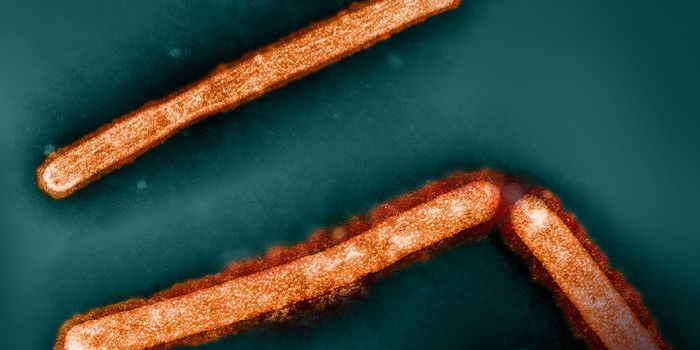Yeast Proteins Could Provide Clues for New Antifungal Development
Yeast, like bacteria, causes infections. In fact, yeasts are responsible for over 100 million infections every year. These yeast infections can affect a range of different areas of the body and lead to over a million deaths a year. As a result, it’s important to develop therapies that are effective and powerful at fighting these infections.
Interestingly, there’s a lot of overlap between yeast cells and certain human cells, especially when it comes to communicating instructions about cell growth. For example, it’s well known that a group of proteins called Target of Rapamycin kinase Complex 1 (TORC1) play an important role in communicating cell growth in both human and yeast cells. In human immune system cells, for example, TORC1 plays an important role in helping the body mount an immune response.
A team of researchers at the University of Arizona have taken a closer look at some of the harder-to-notice differences between human and yeast cells, with the hope that their work could unlock important clues for the development of new antifungal medications that could prove to be potent treatments for people with yeast infections. Their work is published in a recent article in eLife.
In their analysis, researchers identified a specific protein that controls cell growth processes in yeast cells: a protein called Ait1, which works as a TORC1 regulator. Under normal operations, Ait1 shuts off TORC1 to stop cell growth when there is a lack of nutrients available. Basically, Ait1 turns TORC1 on and off, regulating its function.
Recognizing how TORC1 is regulated differently in human and yeast cells is crucial to the development of antifungals. Therapies that target TORC1 may turn off growth in yeast cells, but could also have unintended consequences because TORC1 could affect the growth of human immune system cells. For example, rapamycin, used to treat yeast infections, is also sometimes used to treat people after transplants for immunosuppression, making it challenging to treat yeast infections through TORC1. TORC1 is not regulated by Ait1 in human cells like yeast cells, offering a promising new avenue for treatment.
Sources: Science Daily; eLife








